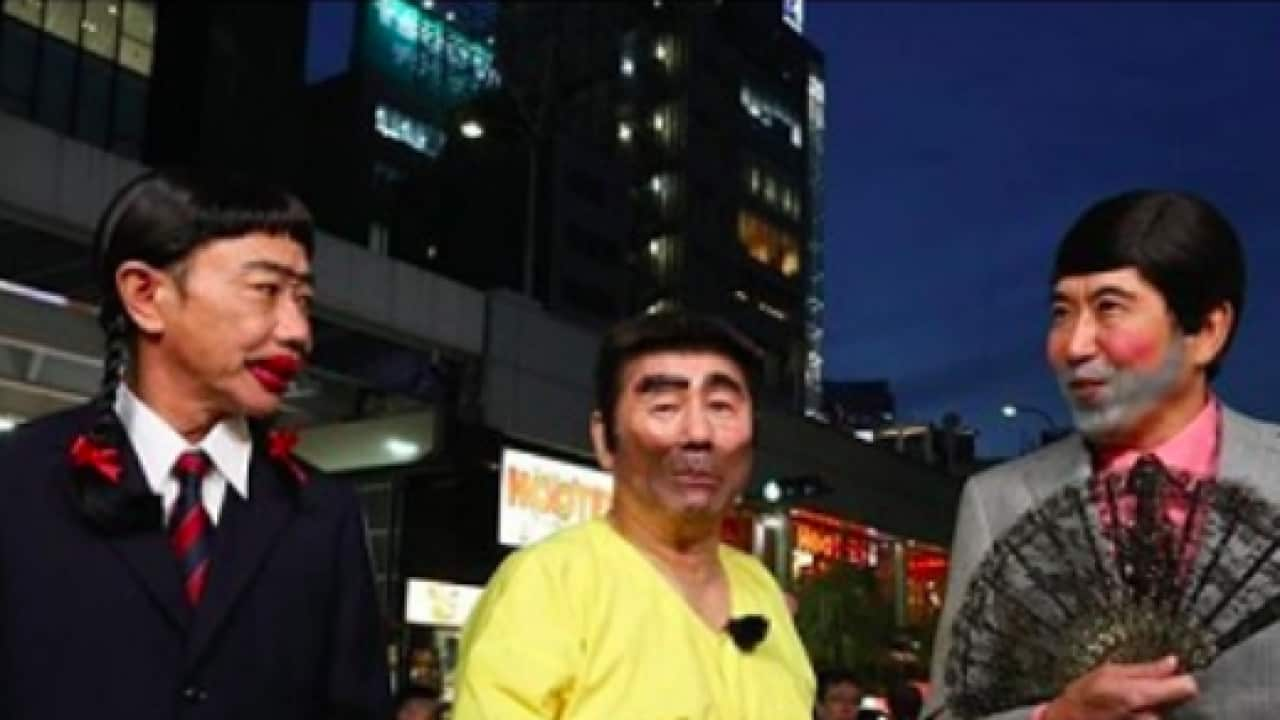A Japanese broadcaster has apologised for airing a program that features a character who perpetuates offensive stereotypes about the gay community.
Fuji TV decided to commemorate the 30th anniversary of the Japanese program Tunnels by airing a revival broadcast—but there was widespread criticism that the outdated character ‘Homoo Homooda’ had been resurrected.
Homoo Homooda—a character created in the 1980s—is a gay man who carries a black lace fan and his skits were frequently used to ridicule the LGBT+ community at the time.
According to , 104 organisations and community leaders sent a letter of complaint to the head of the network, pointing out that the word ‘Homoo’ was a derogatory word to describe gay men and that Fuji TV had a responsibility to protect its LGBT+ viewers, particularly young people.
The letter points out that LGBT+ school children are vulnerable to bullying and depression when offensive stereotypes are celebrated in the media.
As a result, the president of Fuji TV—Masaki Miyauchi—apologised for the broadcast.
"This is a character that Tunnels created and worked on during their 30 years (with this program). If there are any aspects that have caused discomfort then it is necessary for me to apologise."
Gon Matsunaka—an openly gay man who runs a non-profit organisation—told that he “couldn’t believe they’re still showing this kind of thing”.
“When the character first appeared (in the 1980s), it was common for children to use the word 'h**o' as an insult to boys who were quiet and gentle,” he said.
“I remember feeling uncomfortable at the time, especially as I was of a susceptible age. I wonder how children who are unsure about their gender or sexual orientation felt when they saw this one-off program.”


